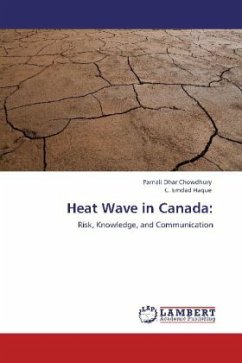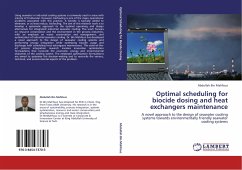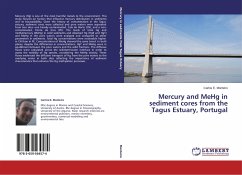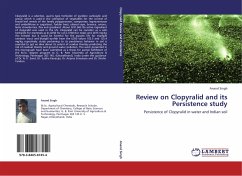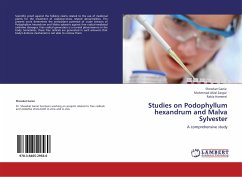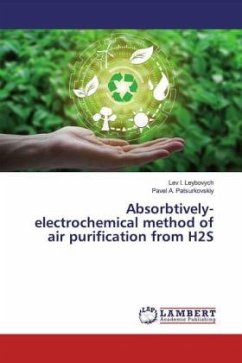This book is about what experts and the public know and think about climate change-induced heat wave hazards in Canada. What the public institutions, private enterprises, and individuals can do about minimizing the health, infrastructure and effects are illustrated by analysing responses from urban communities, specialists and decision-makers. Thus, the book is useful to community members, local government officials, emergency and disaster managers, academia, policy and decision-makers. The book is organized into five main chapters to depict with narratives from local level community members that included not only the general public but also specific vulnerable groups such as, the elderly, low income groups as well as from scientists, regulators and managers. The findings make specific recommendations for improving climate change, heat wave and other risk communications and formulating effective management strategies. Overall, this is an excellent record of public and experts' risk perception, gaps and overlaps of climate change-induced heat wave in Canada.
Bitte wählen Sie Ihr Anliegen aus.
Rechnungen
Retourenschein anfordern
Bestellstatus
Storno

